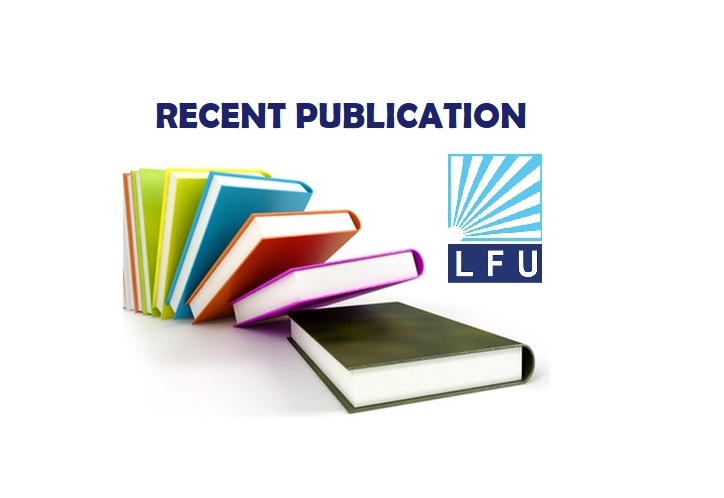-
The Right to be Forgotten (RTF) has appeared since the 1960s and has emerged again as the idea conflicted with the imposition of technical reality in terms of retaining personal data for unknown periods of time that may be difficult unless it is impossible to erase it from the virtual map. There are many activities that users carry out over the Internet, whether in the form of comments, special news, pictures, or personal information, whether the user himself puts it or another party publishes it, which includes a process of transition from the control of an owner of the information over to the control of other parties. This transition process has brought many problems to Internet users and has become a clear threat to their privacy and their right to enter forgotten. Hence, this has precipitated the emergence of a new legal concept, which is the right to digital forgetting as a right to the private life of the individual. This research aims to define the right to digital forgetting, define areas of its application, and clarify the viewpoint of legislators, jurisprudence and the judiciary, as it is an emerging concept in the international and local legal arena
- Marwan Kamel Jomaah Al-Khalidy and Yaseen Myasar Aziz
- Qalaai Zanist Journal
- 30/03/2022
- http://journal.lfu.edu.krd/ojs/index.php/qzj/article/view/917
- https://doi.org/10.25212/lfu.qzj.7.1.37

